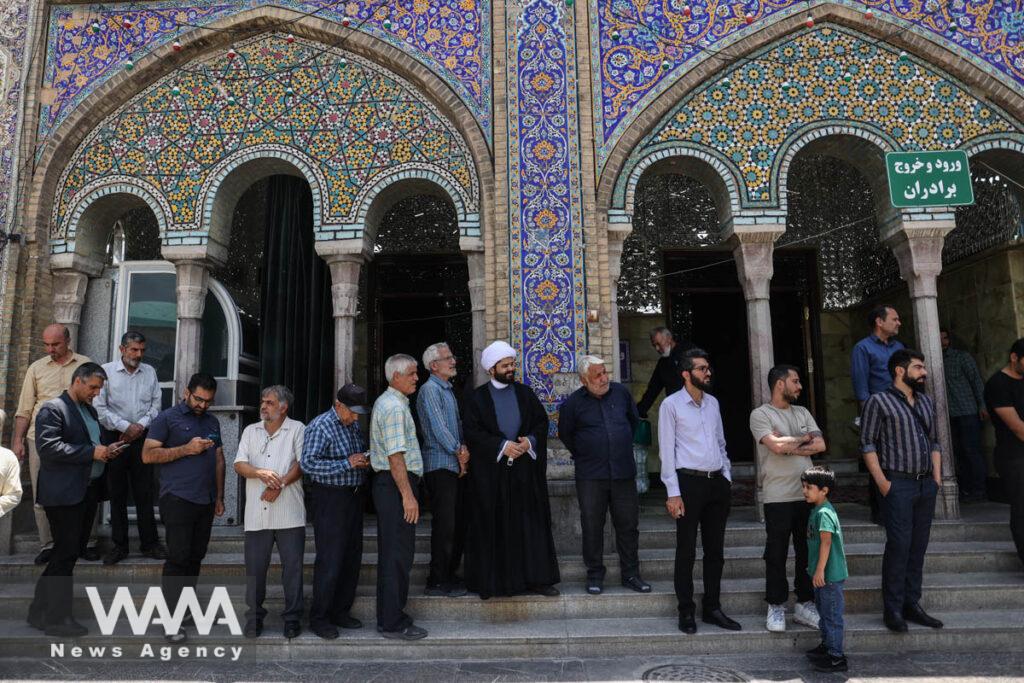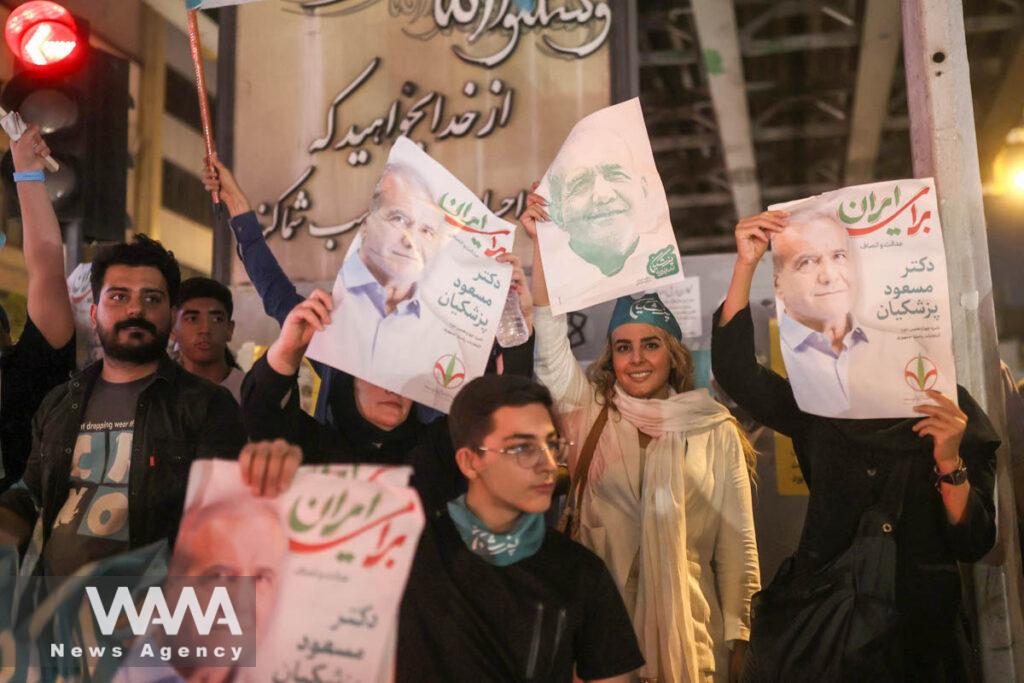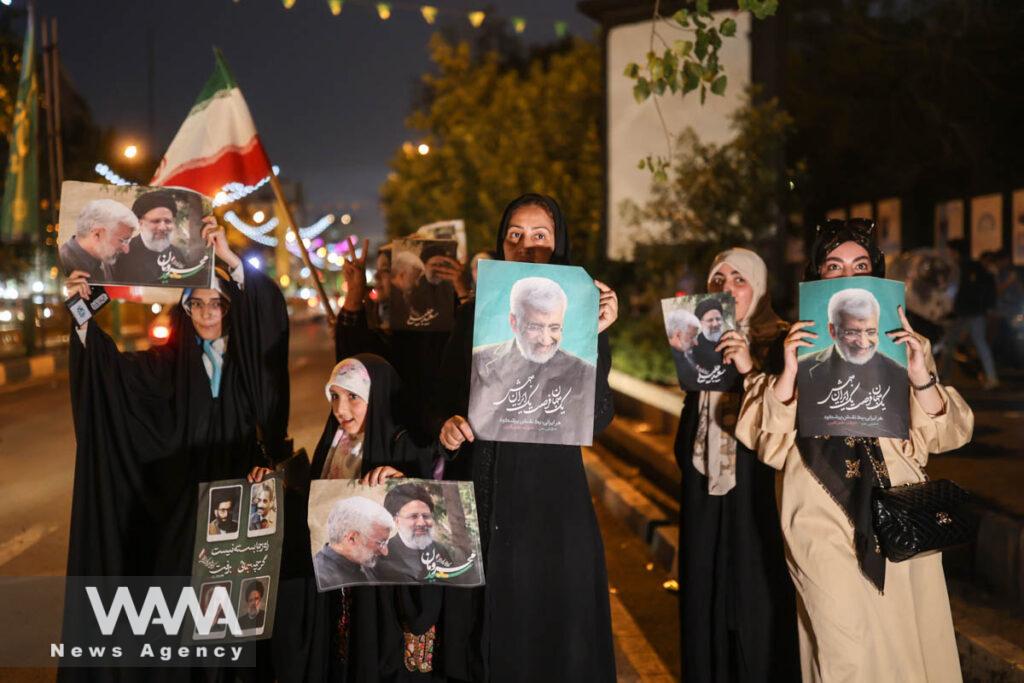Election Results: Acceptance or Chaos
WANA (June 28) – High voter turnout in elections is a sign of the strength and legitimacy of political systems around the world.
This participation is essential not only for enhancing national authority but also for boosting the soft power of a country. A widespread election turnout demonstrates public trust in the political system, contributing to the nation’s social capital.
High social capital can enhance a country’s position internationally as a soft power. However, non-acceptance of election results can disrupt these crucial and decisive equations, leading to detrimental outcomes.
-
Following in the footsteps of Rouhani, Iran’s presidential election
-
All those who agree or disagree with participating in the election
In various countries, the rejection of election results has resulted in different consequences. For example, in the United States in 2000, the presidential election between George Bush and Al Gore was marked by a narrow margin and multiple legal disputes. Although Al Gore ultimately accepted the results, averting a political crisis, non-acceptance could have led to more severe issues.

Iranian people stand in a queue as they wait to vote at a polling station in a snap presidential election to choose a successor to Ebrahim Raisi following his death in a helicopter crash, in Tehran, Iran, June 28, 2024.Majid Asgaripour/WANA (West Asia News Agency)
In 2008, Zimbabwe experienced widespread protests over election results, which led to significant political and economic violence. Similarly, in Iran, the 2009 election saw high voter turnout, but non-acceptance of the results by some factions inflicted substantial damage on the country. These experiences indicate that rejecting election results can decrease social capital, escalate social tensions, and weaken a country’s soft power.

All those who agree or disagree with participating in the election
WANA (June 27) – Today is the last day of the campaign for the 14th presidential election in Iran. The coming hours will be critical for at least three prominent candidates in this race: Ghalibaf, Pezeshkian, and Jalili. The financial support, whether small or large, from their supporters can be observed in the quality […]
One of the primary reasons for such crises is the lack of public trust in the electoral processes and their transparency. In countries with transparent and fair electoral systems, public confidence in the results is higher. For example, in Scandinavian countries, due to the presence of independent institutions and high transparency in electoral processes, public trust is substantial, and election results are rarely contested.
Conversely, in some developing countries, weak supervisory institutions and lack of transparency in electoral processes pave the way for post-election crises. In these countries, claims of fraud and non-acceptance of election results can lead to political and social violence, significantly diminishing social capital.

Supporters hold posters of Iranian presidential candidate Masoud Pezeshkian during a campaign event in Tehran, Iran, June 26, 2024. Majid Asgaripour/WANA (West Asia News Agency)
Overall, acceptance of election results by all factions and their supporters is essential for maintaining national stability and authority. Rejecting election results can lead to decreased social capital, weakened soft power, and internal unrest. Therefore, governments and supervisory institutions must ensure the transparency and fairness of electoral processes to maintain public trust and mitigate potential crises.
Ultimately, the vigilance of the public and the acceptance of election results by all factions can help preserve the stability and authority of nations. Global experiences show that rejecting election results not only negatively impacts voter participation but also drives the country toward unrest and tension.
Thus, by ensuring transparency and fairness in elections, past bitter experiences can be avoided, paving the way for a more stable and sustainable future.
By WANA writer R. Hejazi

Supporters of Iranian presidential candidate Saeed Jalili hold posters of him on a street in Tehran, Iran June 26, 2024. Majid Asgaripour/WANA (West Asia News Agency)












